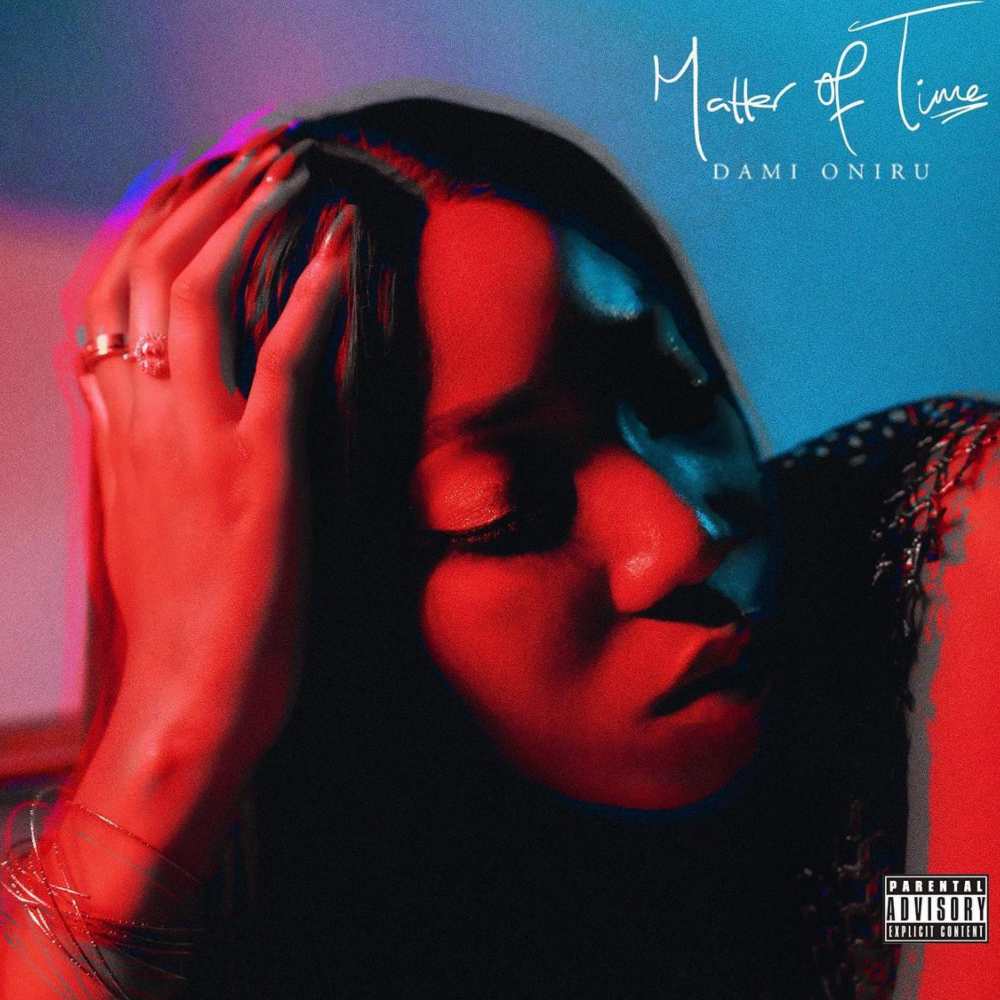
Best New Music: Dami Oniru’s “Emotions” Makes A Compelling Case For Self-Love
further proof of her gift to convey strong feelings

further proof of her gift to convey strong feelings
In 2019, Nigerian singer/producer Dami Oniru put out her debut EP ‘Bri’s Lounge.’ The project, which has accumulated more than 2.9 million streams and was produced by her close friend and collaborator Remy Baggins, placed Oniru in the spotlight as a talented artist carving her niche in the R&B/Soul spaces. In June, she performed “Runnin’,” one of the tracks off ‘Bri’s Lounge’ on Global Spin, the Grammy’s performance series. In an interview with Unorthodox Review, she revealed her thought process behind the EP. “With Bri’s Lounge, I wanted to do something different from what people will say my norm was, although I’ve kinda always experimented with sounds but I really wanted to take that further and do like a pure R&B project cause that’s what I grew up listening to and I love R&B.”
Since ‘Bri’s Lounge,’ Oniru’s musical offerings have been sparse but in 2020, she released the single “Nowhere To Run,” which she co-produced with Remy Baggins. Speaking with the NATIVE, she revealed that “the song is about forgetting who you are at some point, and eventually working through things and rediscovering your power and your strength in your weakness and just remembering that whatever the situation you are going to get through it.” This year, she featured on Nigerian singer WurlD’s “THESE DAYS LOVE DON’T CHANGE,” off the latter’s album ‘My WorlD With U.’
A few days ago, Dami Oniru made a comeback with her sophomore EP ‘Matter of Time.’ The six-track project continues the remarkable connection she and Remy Baggins share. She promoted the EP with the lead single “Soft Life,” where she displayed her versatility on Baggins’ upbeat production, singing about the power of money to erase every tension in her life. Amid the tracks that touch on different aspects of love and self, which Oniru tackles with impressive vulnerability, one record stands out: “Emotions.”
On “Emotions,” Dami Oniru is a lover in an ailing relationship. According to her, the relationship started on rocky grounds because it didn’t get the blessings of her closest pals. That, in turn, made her determined to make the relationship work. “I call your name, you no reply me)/They told me that you’d leave me hanging /My girls told me to set some boundaries /I’m begging you, no fall my hand please,” she sings. But it is difficult to escape the dread when the person you are in love with doesn’t put in the required effort.
Elsewhere, she reveals that her lover’s lack of effort comes from personal demons he is dealing with when she sings, “I feel like a genie trapped in a bottle/I grant your wishes, take away the sorrow/Just promise you’d stay until tomorrow.” Regardless of her willingness to help her lover, she is hurt by his actions (and inactions), singing, “You decided/That’s fine, yeah/Total silence/I don’t like it.”
On the production side, Remy Baggins’s artful manipulation renders a soulful soundscape for Oniru’s tale of heartbreak. The beat mixes well with Oniru’s sultry vocals, making clear the raw pain in her tone. Speaking with Culture Custodian, Oniru spoke about the working relationship she shares with Baggins. “…I consider Remy to be a musical genius and I’ve told him this. Sometimes I want to cut his head open and look inside like how does he come up with all these sounds?” she said. “I think chemistry is important in the studio and that’s what some artists miss out, they just get into the studio with anybody without building at least some sort of relationship. It doesn’t have to be a deep friendship but you have to vibe.”
Finally, Oniru accepts her sad situation on “Emotions.” “Heart on my sleeve/No need to pretend,” she sings. She realizes that it is unfair to put herself through misery and that it is not her responsibility to heal her lover. She casts away the disappointment that her friends might be feeling toward her (since they warned her earlier), deciding that she saves herself rather than continue on the wrong path. “Boy, you know I’m not your saviour,” she sings.
Dami Oniru’s “Emotions” is further proof of her gift to convey strong feelings in her songs yet to make the tune a sonic treat. She makes a case for self-love, most especially when the people we love bring us the greatest pain.
Listen to “Emotions” below.
Stream ‘Matter of Time’ here.
Featured image credits/DeedsArt

